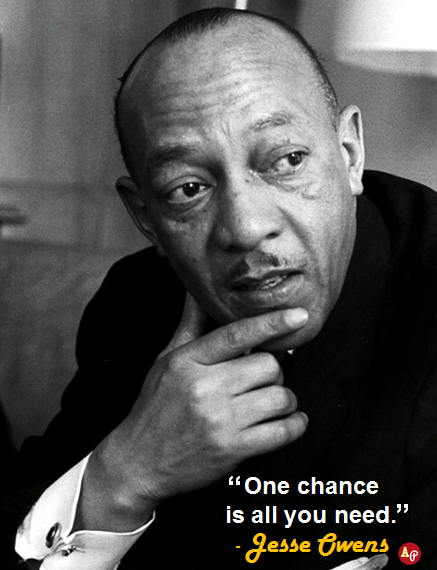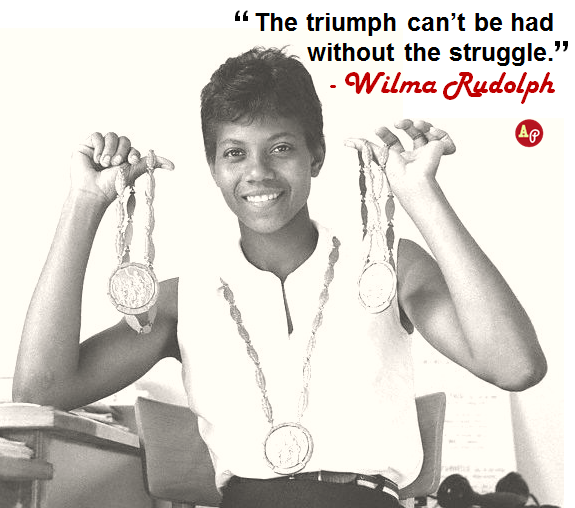
On September 24, 1988, Ben Johnson won the 100m final at the Summer Olympics in Seoul, lowering his own world record to 9.79 seconds. Johnson would later remark that he would have been even faster had he not raised his hand in the air just before he finished the race. However, Johnson’s urine samples were found to contain stanozolol, and he was disqualified two days later. He later admitted having used steroids when he ran his 1987 world record, which caused the IAAF to rescind that record as well. Johnson and coach Francis complained that they used doping in order to remain on an equal footing with the other top athletes on drugs they had to compete against. In testimony before the Dubin inquiry into drug use, Francis charged that Johnson was only one of many cheaters, and he just happened to get caught. Later, six of the eight finalists of the 100-meter race tested positive for banned drugs or were implicated in a drug scandal at some point in their careers: Carl Lewis, who was given the gold medal, Linford Christie, who was moved up to the silver medal and who went on to win gold at the next Games, Dennis Mitchell, who was moved up to fourth place and finished third to Christie in 1992, and Desai Williams, Johnson’s countryman who won a bronze medal at the Los Angeles Games in 1984. In the ESPN documentary ESPN 30 for 30 Films: 9.79*, eventual silver medallist Christie states, and footage of the race shows, that Lewis “ran out of his lane… two or three times” during the race, which should have resulted in Lewis’ automatic disqualification.
Johnson’s coach, Charlie Francis, a vocal critic of the IOC testing procedures, is the author of Speed Trap, which features Johnson heavily. In the book, he freely admits that his athletes were taking anabolic steroids, as he claims all top athletes at the time were, and also claims that Johnson could not possibly have tested positive for that particular steroid since Johnson actually preferred furazabol. He thought stanozolol made his body “feel tight”. The numerous athletes using performance enhancing drugs at the time understood how long before a race, and possible drug test, they should stop using the drugs. Johnson later claimed that Andre Jackson, Lewis’ club mate at the Santa Monica Track Club who is shown to have somehow made it into the drug testing area in Seoul, had placed the stanozolol in one of the beers Johnson drank in order to make urine for his test.









